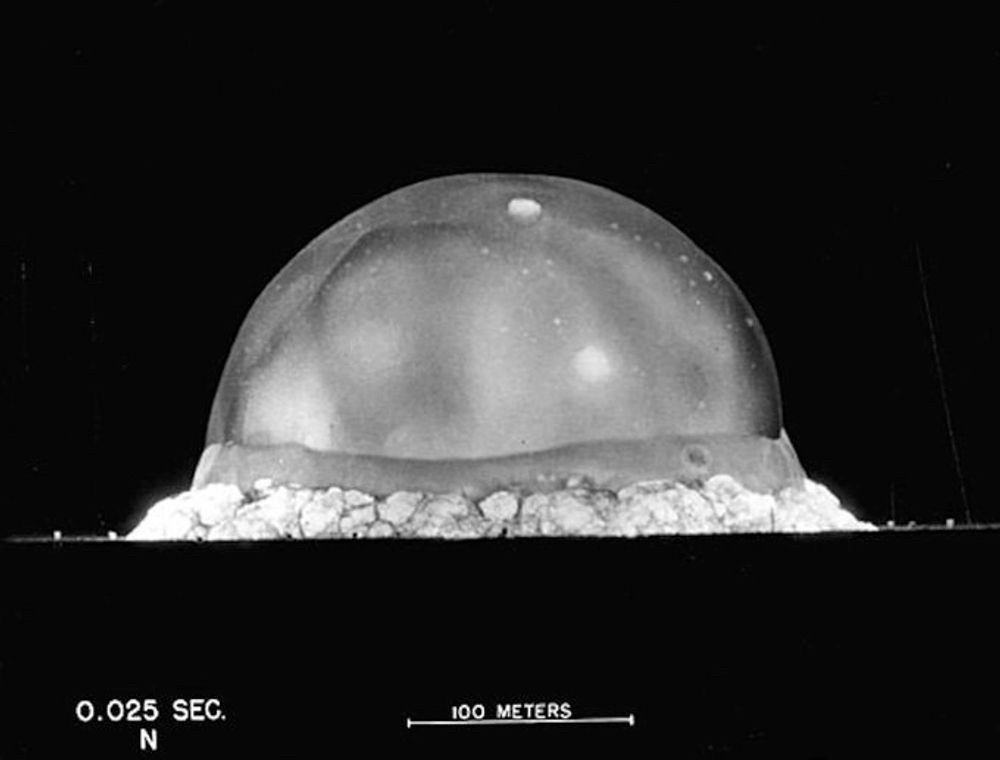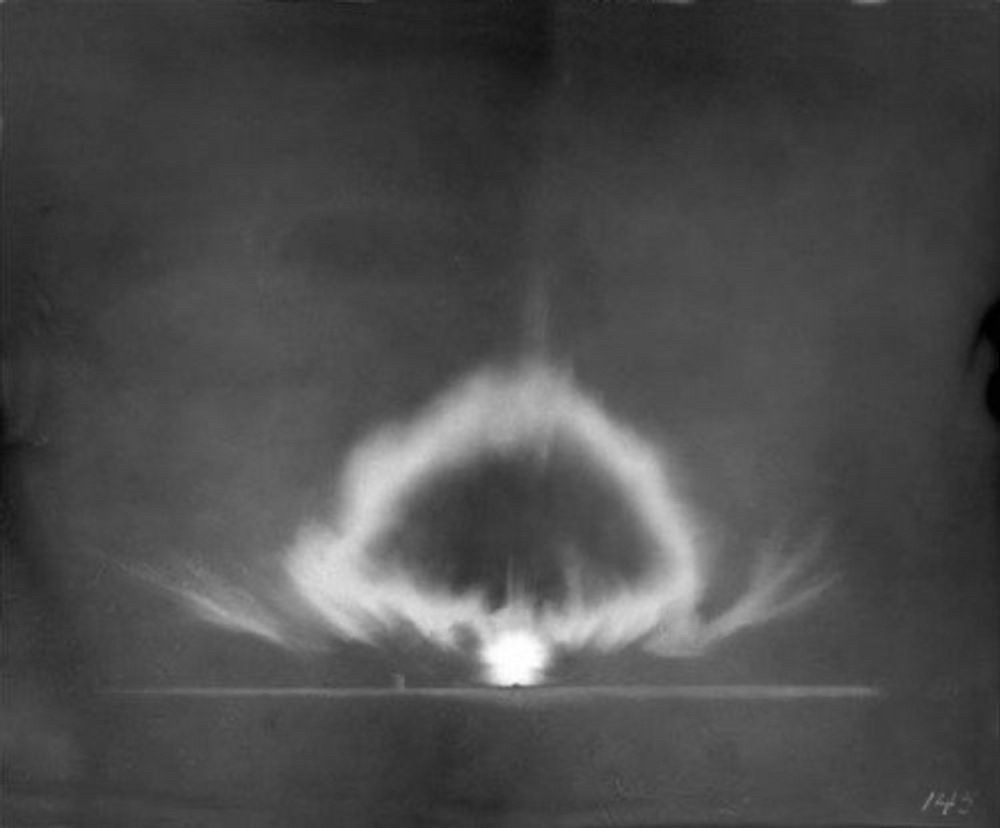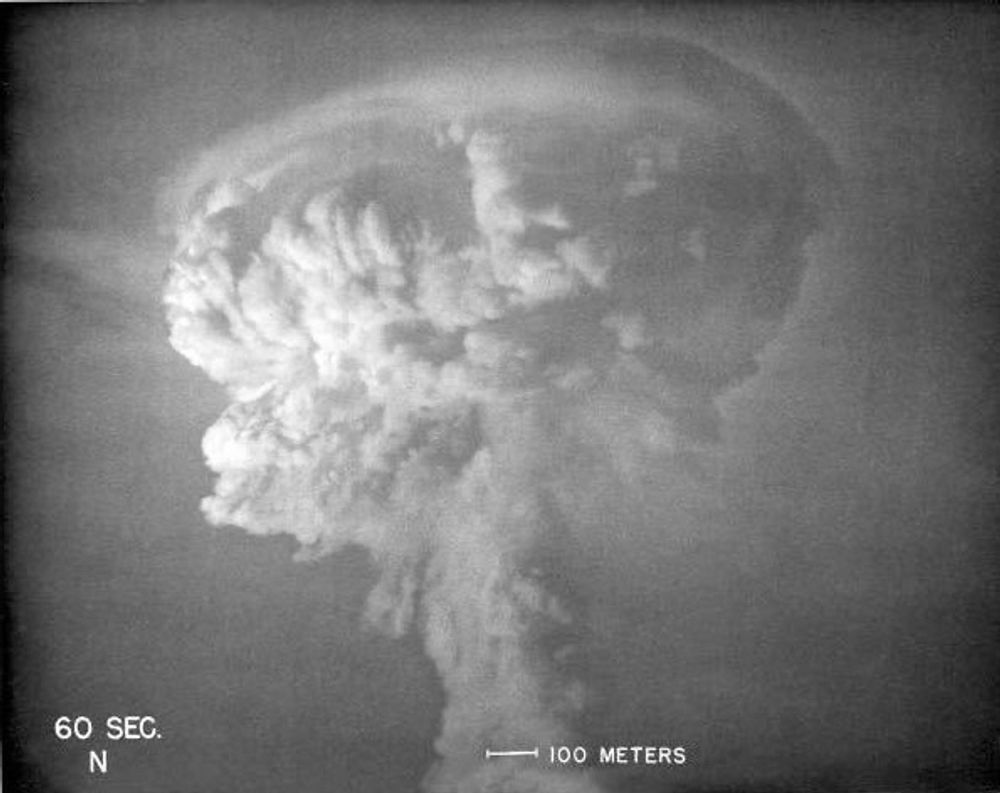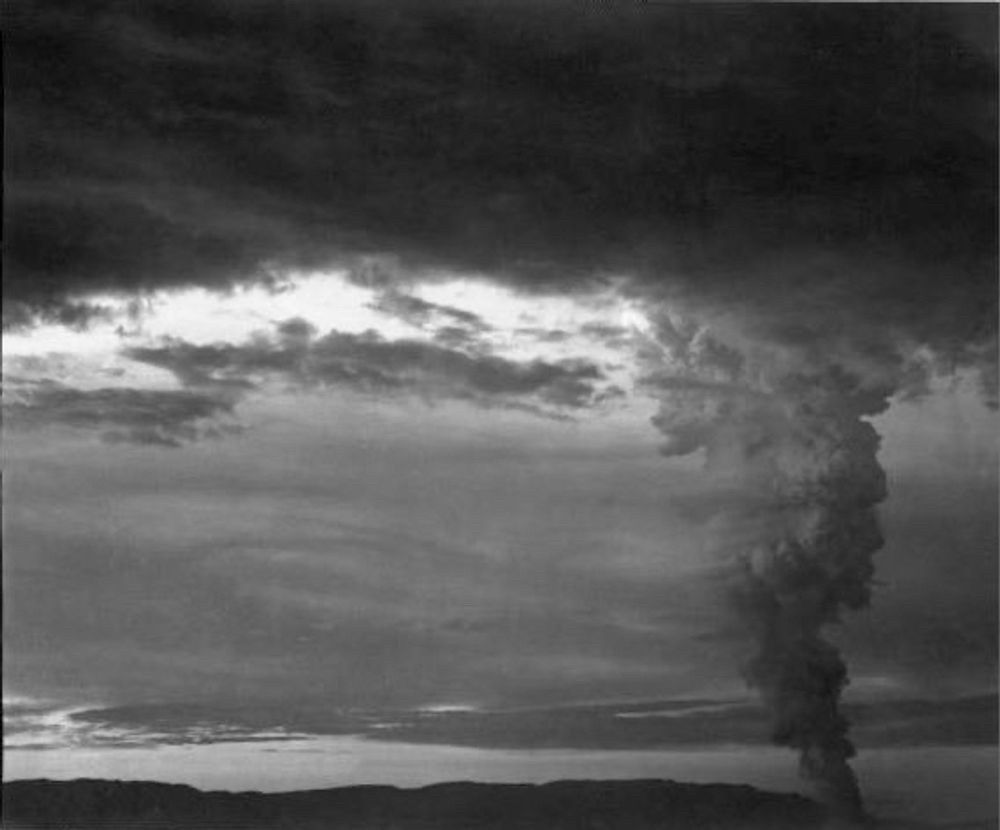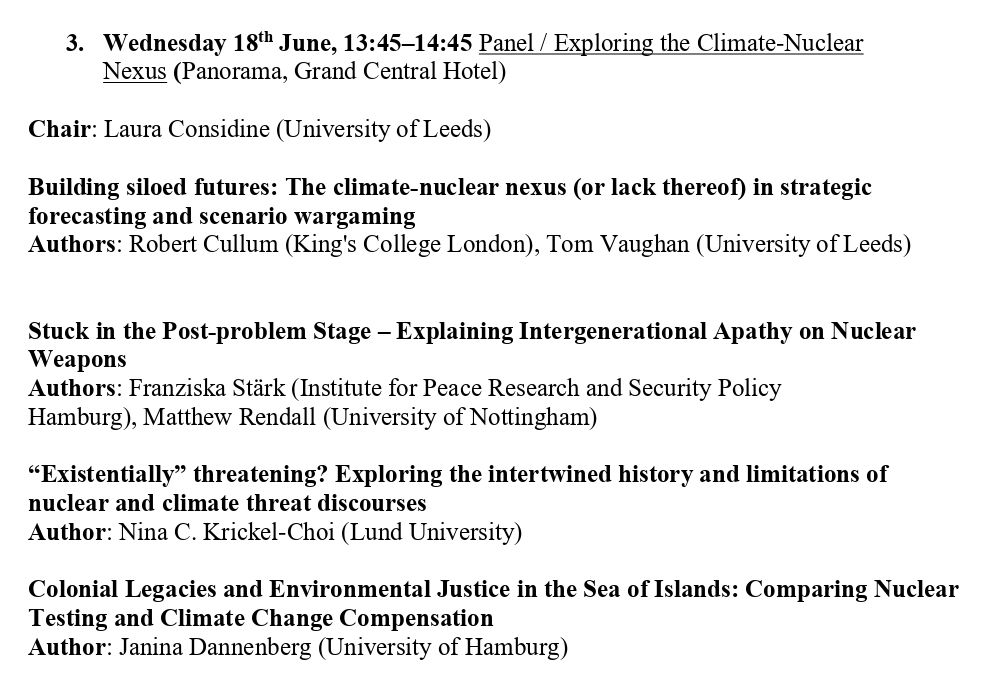Franziska Stärk
@franziskastaerk.bsky.social
620 followers
160 following
33 posts
Researcher, Institute for Peace Research and Security Policy at the University of Hamburg (IFSH) || PhD Candidate, Erasmus University Rotterdam || Nuclear arms control & critical security studies
https://ifsh.de/en/staff/staerk
Posts
Media
Videos
Starter Packs
Reposted by Franziska Stärk
Reposted by Franziska Stärk
Reposted by Franziska Stärk
Gesine Weber
@gesineweber.bsky.social
· Jul 17

Treaty between the United Kingdom of Great Britain and Northern Ireland and the Federal Republic of Germany on friendship and bilateral cooperation
Treaty between the United Kingdom of Great Britain and Northern Ireland and the Federal Republic of Germany on friendship and bilateral cooperation
www.gov.uk
Reposted by Franziska Stärk
Reposted by Franziska Stärk
Reposted by Franziska Stärk





